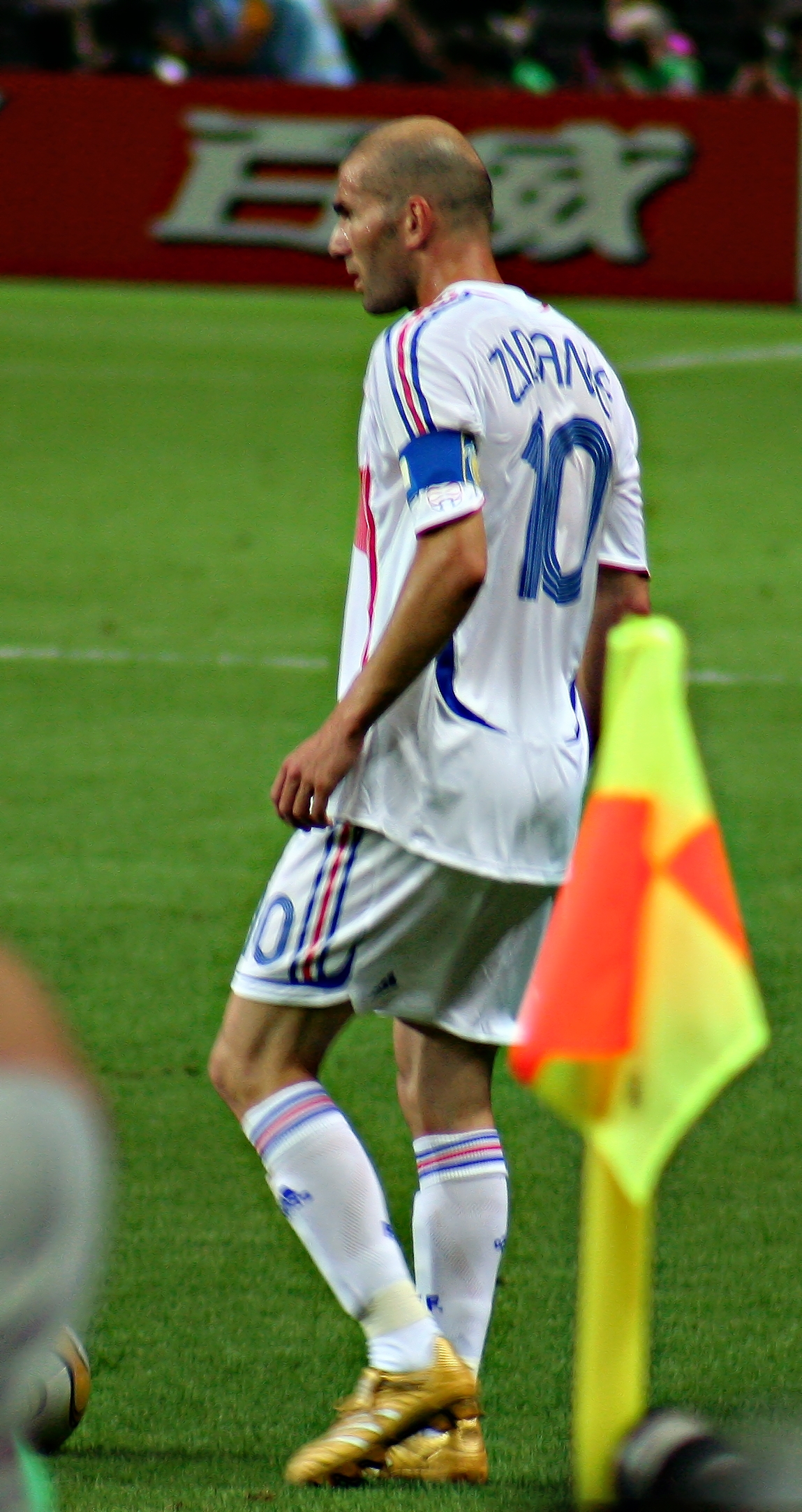|
Les Glénans
Les Glénans is a French sailing school, operating as a non-profit organization. Most of its instructors are volunteers. It was founded in 1947 by Philippe and Hélène Viannay, who had been involved with the French Resistance during World War II. Its first site was the Glénan archipelago, about off the coast of southern Brittany. Among its first boats was a 12-meter Bermudian cutter called Sereine, which is now a French listed monument and still sails after having been entirely refurbished in 2005. Its headquarters are in Paris, France, and it operates five sites in France: Paimpol, l' Ile-d'Arz and l'Archipel (as the Glénan archipelago is referred to by Glénans adepts) in Brittany, Marseillan in Southern France and Bonifacio in Corsica. Sailing takes place in most of the western Mediterranean basin, the UK, Ireland, Norway and Sweden. Cruises cross the Atlantic Ocean and, in the past, have visited Iceland. Les Glénans teaches catamaran sailing, dinghy sailing, kite sur ... [...More Info...] [...Related Items...] OR: [Wikipedia] [Google] [Baidu] |
Sail Training
From its modern interpretations to its antecedents when maritime nations would send young naval officer candidates to sea (e.g., see Outward Bound), sail training provides an unconventional and effective way of building many useful skills on and off the water. Background By 1900, most commercial sailing vessels were struggling to turn a profit in the face of competition from more modern steam ships which had become efficient enough to steam shorter great circle routes between ports instead of the longer trade wind routes used by sailing ships. Ships were built larger to carry bulk cargoes more efficiently, their rigs were simplified to reduce manning costs and speed was no longer a premium. Owners shipped cargoes that were non-perishable so that their dates of arrival (which steam ships had started to guarantee) were of less importance. Finally as the Panama Canal was opened, sailing ships were used in parts of the world where steam ships still found it hard to operate, mai ... [...More Info...] [...Related Items...] OR: [Wikipedia] [Google] [Baidu] |
Dinghy
A dinghy is a type of small boat, often carried or Towing, towed by a Watercraft, larger vessel for use as a Ship's tender, tender. Utility dinghies are usually rowboats or have an outboard motor. Some are rigged for sailing but they differ from Dinghy sailing, sailing dinghies, which are designed first and foremost for sailing. A dinghy's main use is for transfers from larger boats, especially when the larger boat cannot Dock (maritime), dock at a suitably-sized port or marina. The term "dinghy towing" sometimes is used to refer to the practice of towing a car or other smaller vehicle behind a motorhome, by analogy to towing a dinghy behind a yacht. Etymology The term is a loanword from the Bengali language, Bengali ', Urdu ', and Hindi '. Definition and basic description The term "dinghy" has some variability in its definition, but is generally a small open boat which may be powered by oars, sail or an outboard motor. Some individual examples have the option of being p ... [...More Info...] [...Related Items...] OR: [Wikipedia] [Google] [Baidu] |
Education In France
Education in France is organized in a highly centralized manner, with many subdivisions. It is divided into the three stages of primary education (''enseignement primaire''), secondary education (''enseignement secondaire''), and higher education (''enseignement supérieur''). Two year olds do not start primary school, they start preschool. Then, by the age of six, a child in France starts primary school and soon moves into higher and higher grade levels until they graduate. In French higher education, the following degrees are recognized by the Bologna Process (EU recognition): ''Licence'' and ''Licence Professionnelle'' (bachelor's degrees), and the comparably named ''Master'' and ''Doctorat'' degrees. The Programme for International Student Assessment coordinated by the OECD in 2018 ranked the overall knowledge and skills of French 15-year-olds as 26th in the world in reading literacy, mathematics, and science, below the OECD average of 493.https://www.oecd.org/pisa/Combin ... [...More Info...] [...Related Items...] OR: [Wikipedia] [Google] [Baidu] |
Sailing In France
Sport in France plays an important role in French society, which is reflected in its popularity among the French people and the nation's strong sporting history. Various types of sports are played and followed in France, notably #Cycling, cycling, #Fencing, fencing, #Football, football, and #Handball, handball, which has earned France eight victories in world championships and five Olympic Games, Olympic medal; France is also the four-time European champion of handball. History France has a long history of sport as a prestige and popular activity, wide participation and appreciative audiences as well as active support from the media and the government. The origins of French sport reach back to ancient Gaul, where Celtic tribes engaged in activities like chariot racing, wrestling, and equestrian sports, often influenced by Roman traditions. The medieval era saw the rise of chivalric tournaments—jousting and martial arts that blended athleticism with social spectacle, reflecti ... [...More Info...] [...Related Items...] OR: [Wikipedia] [Google] [Baidu] |



